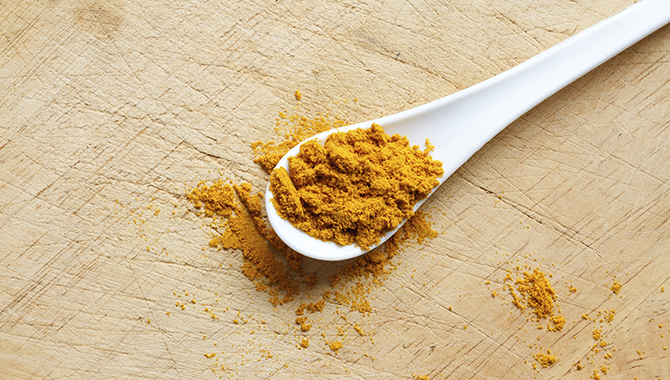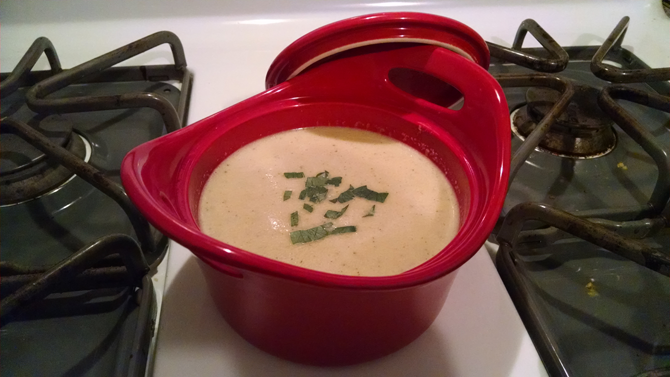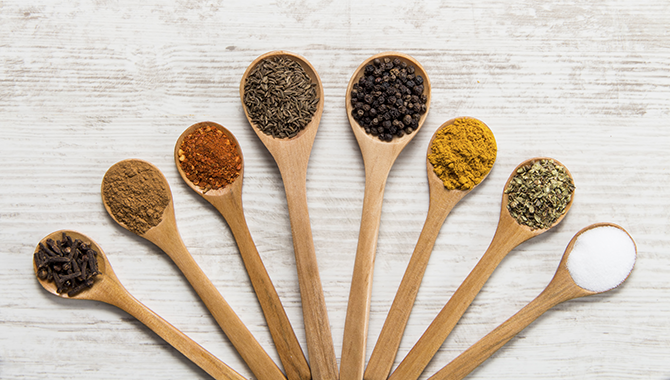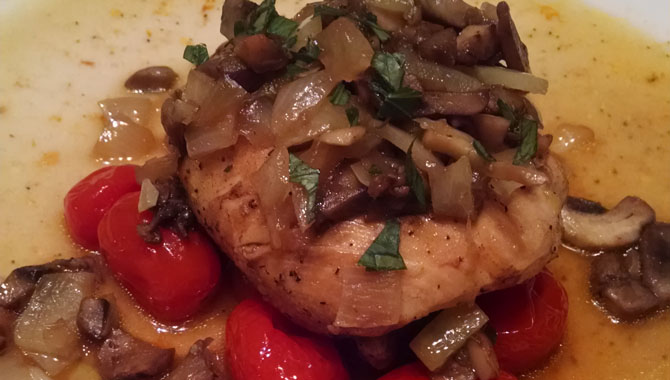Sorry I didn’t get to blog for you guys yesterday. I was busy all day! Here’s a few recipes for you!
Honey Balsamic Brussels Sprouts
- ½ lb Brussels sprouts
- 1 TBSP EVOO
- 3 TBSP balsamic vinegar
- 1 TBSP honey
- 1 tsp garlic powder
- 1 tsp cayenne pepper
- salt and pepper
Preheat oven to 450 degrees. Line a baking sheet with foil and spray with non-stick cooking spray. Halve the Brussels sprouts. Place in a mixing bowl and add in the olive oil, balsamic vinegar, honey, and spices. Toss with until fully coated. Spread the Brussels sprouts onto baking sheet. Bake for 20 minutes, or until golden brown. Enjoy!
…and tonight for dinner…
Simple Beef and Broccoli Stir Fry
- 5 lbs. thinly sliced sirloin
- 4 TBSP coconut aminos
- 4 TBSP red wine vinegar
- 3 TBSP chicken broth
- 4 cloves garlic
- 1 tsp tapioca flour
- 1 tsp honey
- 1 TBSP ginger
- 1/2 tsp sesame oil
- 1 head broccoli
- 4 carrots
- 3 TBSP coconut oil
Toss the sirloin in a small bowl with 1 TBSP each of red wine vinegar and coconut aminos. Let marinate for 15 minutes at room temperature. In another bowl, whisk together 3 TBSP each red wine vinegar, coconut aminos, and chicken broth. Stir in the garlic, ginger, tapioca, honey, and sesame oil. In a separate small bowl put 1 tablespoon of water. Keep it next to the stove.
Melt 2 TBSP of coconut oil in a large skillet. Place the steak in the skillet. Cook for 1-2 minutes per side, and then transfer to a bowl. Add the remaining tablespoon of coconut oil to the skillet. Stir in the broccoli and carrots, cook for 2 minutes. Add the water to the skillet and cover with a lid. Let it cook for 2-3 minutes, then remove the lid and cook until all of the water has evaporated. Add the garlic mixture to the vegetables and stir. Add the beef back into the pan and toss until the sauce thickens and everything is coated. Serve hot.
How is everyone doing with their meal prep? I’d like to hear about it…tweet me @paleYoblog! I’ll write about my trip to Woodstock later. Love, Peace, and Paleo Eats.
“We are stardust, we are golden, we are billion year old carbon and we got to get ourselves back to the garden.”











